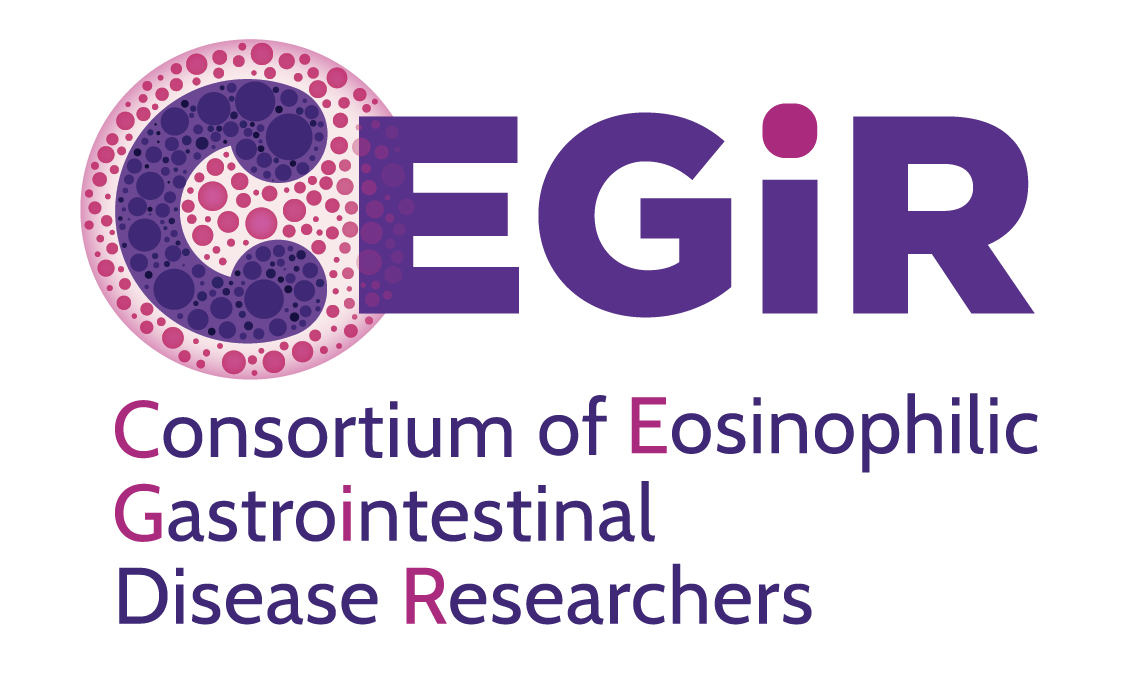Melanie Ruffner, MD, PhD
Title: Assistant Professor
Affiliation: University of Pennsylvania and Children’s Hospital of Philadelphia
Year entered into CEGIR training program: 2020
Mentor/s: Jonathan Spergel
Biosketch
Dr. Ruffner is an assistant professor of pediatrics at the University of Pennsylvania Perelman School of Medicine, and cares for patients with eosinophilic esophagitis, eosinophilic gastrointestinal diseases, and other allergic diseases at the Children’s Hospital of Philadelphia. Dr. Ruffner is a physician-scientist, and trained at the University of Pittsburgh and the Children’s Hospital of Philadelphia. Dr. Ruffner’s research focuses on the role of the esophageal epithelial barrier in eosinophilic esophagitis, and her translational research studies focus on strategies to improve function of the mucosal barrier in eosinophilic esophagitis.
Summary of current CEGIR projects
Dr. Ruffner’s project with CEGIR involves examining how proton pump inhibitor medications affect the function of the esophageal epithelial barrier. This work will assess the specific effects of proton pump inhibitor treatments on how esophageal epithelial cells behave as a mucosal barrier, bind to each other, and express important membrane proteins.
Publications as affiliated with CEGIR
None
Q & A with Dr. Ruffner
How has CEGIR participation made a difference in your career, or how do you anticipate it will?
“The CEGIR Program provides an opportunity for training, collaboration and feedback between experts in the field and young faculty like myself. The opportunity to build relationships with mentors and collaborators while learning about EGIDs is invaluable.”
How do you feel the patient community benefits from the CEGIR training program?
“CEGIR is a collaborative environment that brings together clinicians, researchers, patients, and their families from diverse geographic areas and backgrounds. This provides a critical opportunity to accelerate the pace of research and clinical trials, which helps to provide patients and their physicians with more knowledge about EGIDs and better options for their care.”

